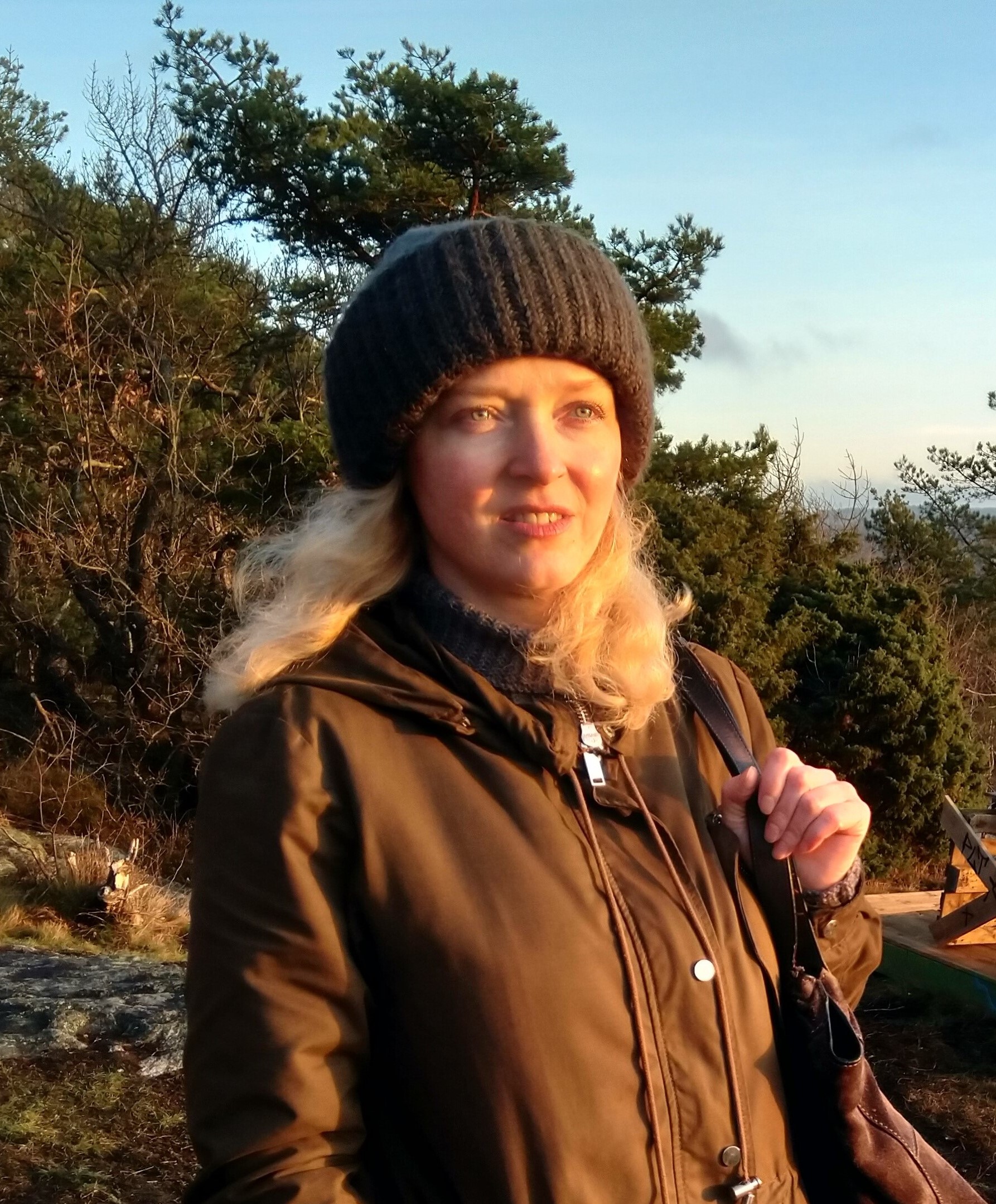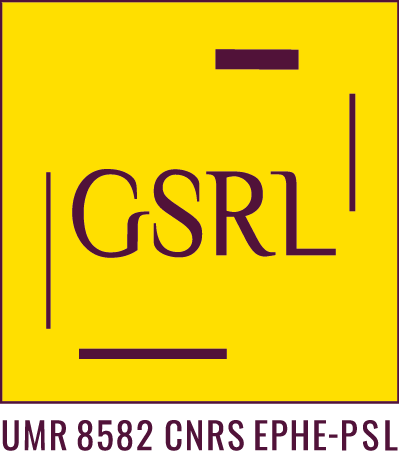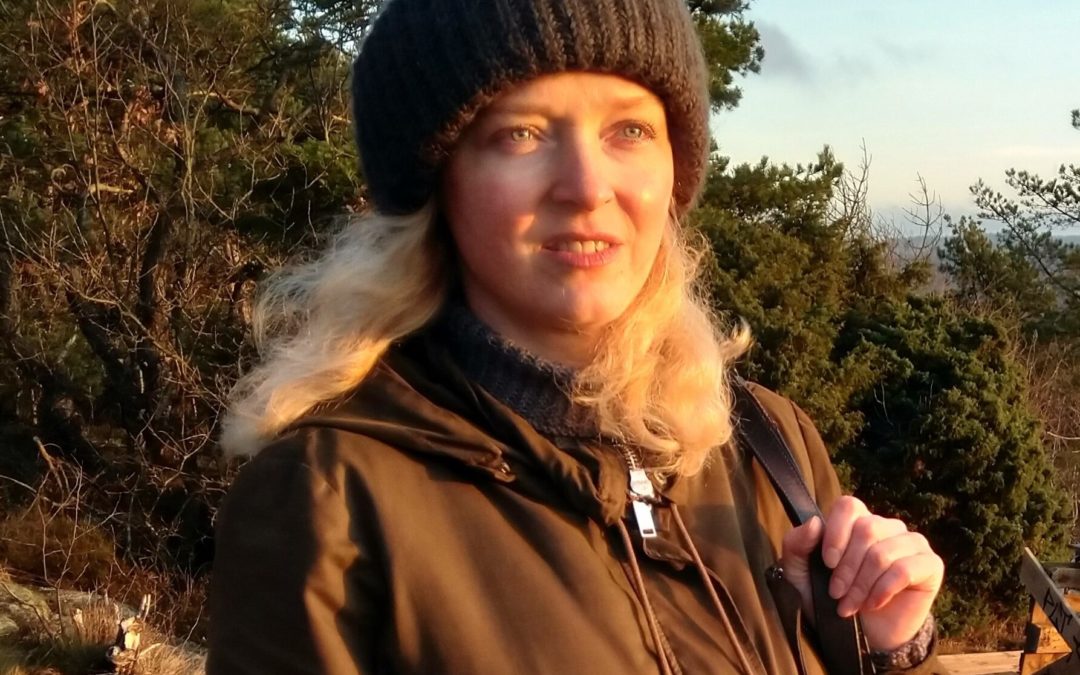
Visiting scholar
Valeria Gazizova is a scholar of Mongol and Tibetan religions, specialising in the history and anthropology of Buddhism and forms of popular worship among the Mongols of Russia in late modern and contemporary times. She has conducted extensive ethnographic research on religious transformations, new vernacular spiritualities and ritual healers in postsocialist Kalmykia, southwest Russia. She has an MPhil in Tibetan Studies and PhD in History of religion from the University of Oslo, the Department of Culture Studies and Oriental Languages. At present, she is a postdoctoral fellow and lecturer at the South Asia Institute (the Department of Cultural and Religious History of South Asia) at Heidelberg University. Prior to her appointment at Heidelberg University, she was a postdoctoral research associate at the University of Cambridge, the Department of Social Anthropology (Mongolia and Inner Asia Studies Unit).
From November 2021 until November 2022, Valeria is a visiting scholar at GSRL, which is part of her current research project on memory and gender dynamics among Russian Buddhists. Entitled “Gender dynamics in Kalmyk Buddhism since late socialism to the present”, the project explores the relationship between secrecy and female religious agency in the conditions of state suppression and the extent to which the continuity of a religious tradition can be maintained through transformations involving changed gender roles.



